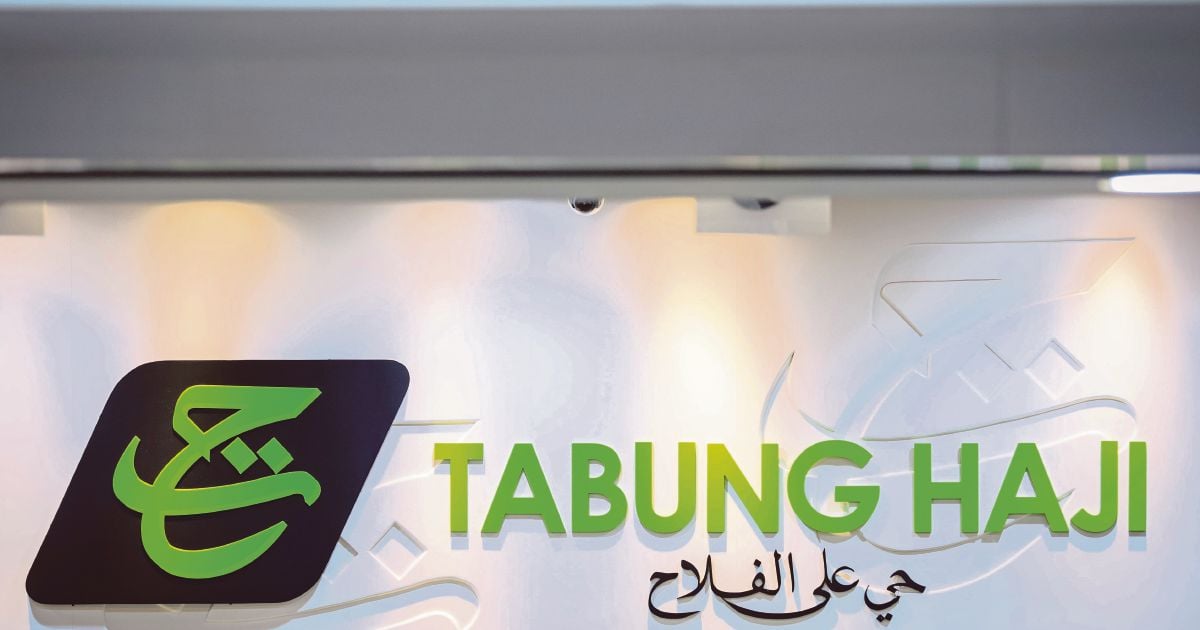KUALA LUMPUR: Lembaga Tabung Haji (TH) is working on amending the Tabung Haji Act 1995 as part of its shift from a traditional savings institution to a more dynamic Islamic investment entity.
Group chairman Tan Sri Abdul Rashid Hussain said the review is essential to ensure the pilgrim fund’s business model remains sustainable and relevant for the future.
“We are also addressing the issue of whether our act needs to be amended. I am very much involved in the discussion,” he said in a briefing to editors at its headquarters.
Also present was managing director and chief executive officer Mustakim Mohamad.
The proposed changes, if implemented, are expected to fundamentally change TH’s business model, enabling it to offer more sophisticated and investment-oriented financial products.
In general, it is also the third major evolution for the institution, which began in 1963 as a financial institution focused on savings and investments to finance the cost of Hajj, as proposed by the late Royal Professor Ungku Abdul Aziz.
Its first major evolution occurred in 1969 when it was merged with the Hajj Affairs Office, transforming it into a comprehensive hajj management body that encompasses savings and logistics.
The latest fundamental change occurred at the end of 2019, when the account contract was changed from Wadi’ah (custody savings) to Wakalah (investment agency).
Changing the concept of savings accounts
One of the main intentions behind the proposed amendment to the act is to change the concept of savings accounts at TH.
Abdul Rashid, when contacted by BH, explained that his intention was to change the status of depositor accounts from just a savings account to a more structured investment account.
“I want to change this from being a savings account to an investment account,” he stressed.
This change is important to address the mismatch between assets and liabilities faced by TH.
Currently, TH accepts funds in the form of short-term deposits that can be withdrawn at any time. However, to generate competitive returns, it has to invest in long-term assets.
“The basic principle of investment is never to take short-term money to make long-term investments,” he said, adding that this mismatch poses a risk to the financial stability of the institution.
The amendment to the act also proposes to provide clarity to the term ‘deposit’ that is currently used.
According to the existing act, TH is allowed to collect funds referred to as deposits.
However, Abdul Rashid implied that under the amendment to the act, TH would need to redefine whether the funds received were deposits or investment instruments.
“Under the amendment, I would need to decide whether it was a deposit or not,” he said.
With an investment-based account, TH could structure its funds for a longer maturity period. This would allow TH to make more strategic and stable long-term investment decisions without having to worry about massive outflows of short-term funds.
This move is also in line with TH’s rebranding efforts to strengthen its position as a financial institution of choice, while also addressing challenges such as low depositor savings levels and net outflows that reached RM2 billion in the past three years.
© New Straits Times Press (M) Bhd






